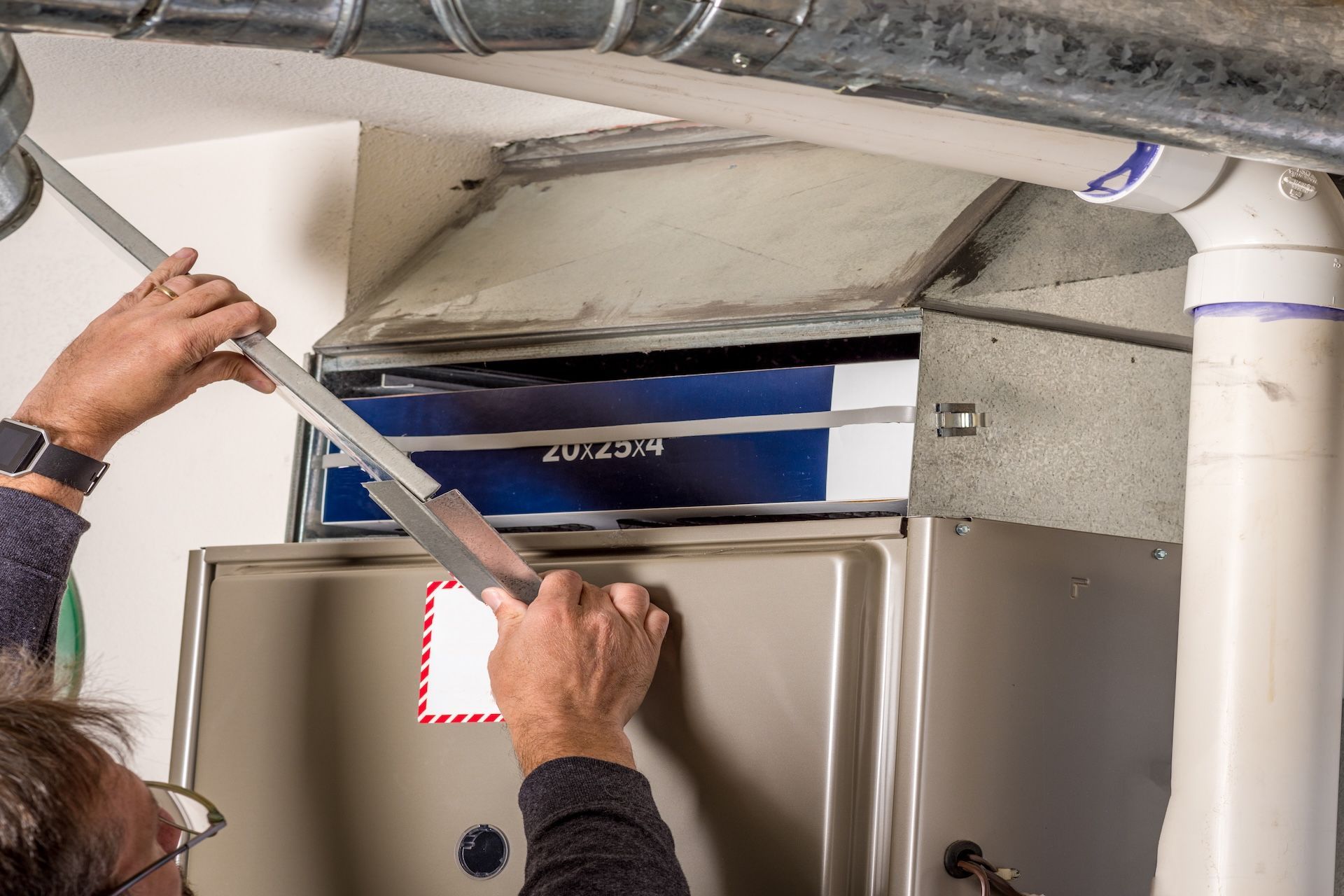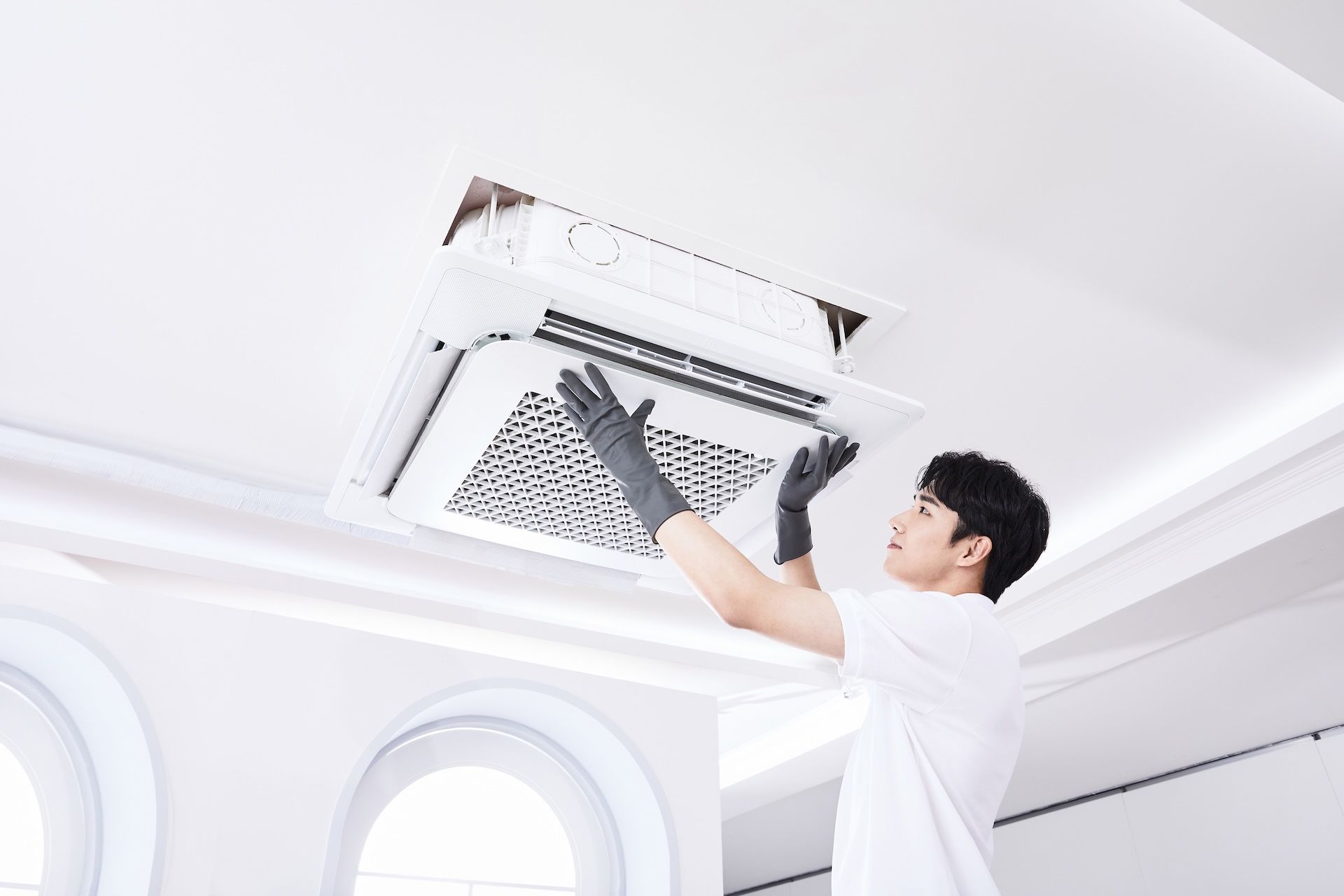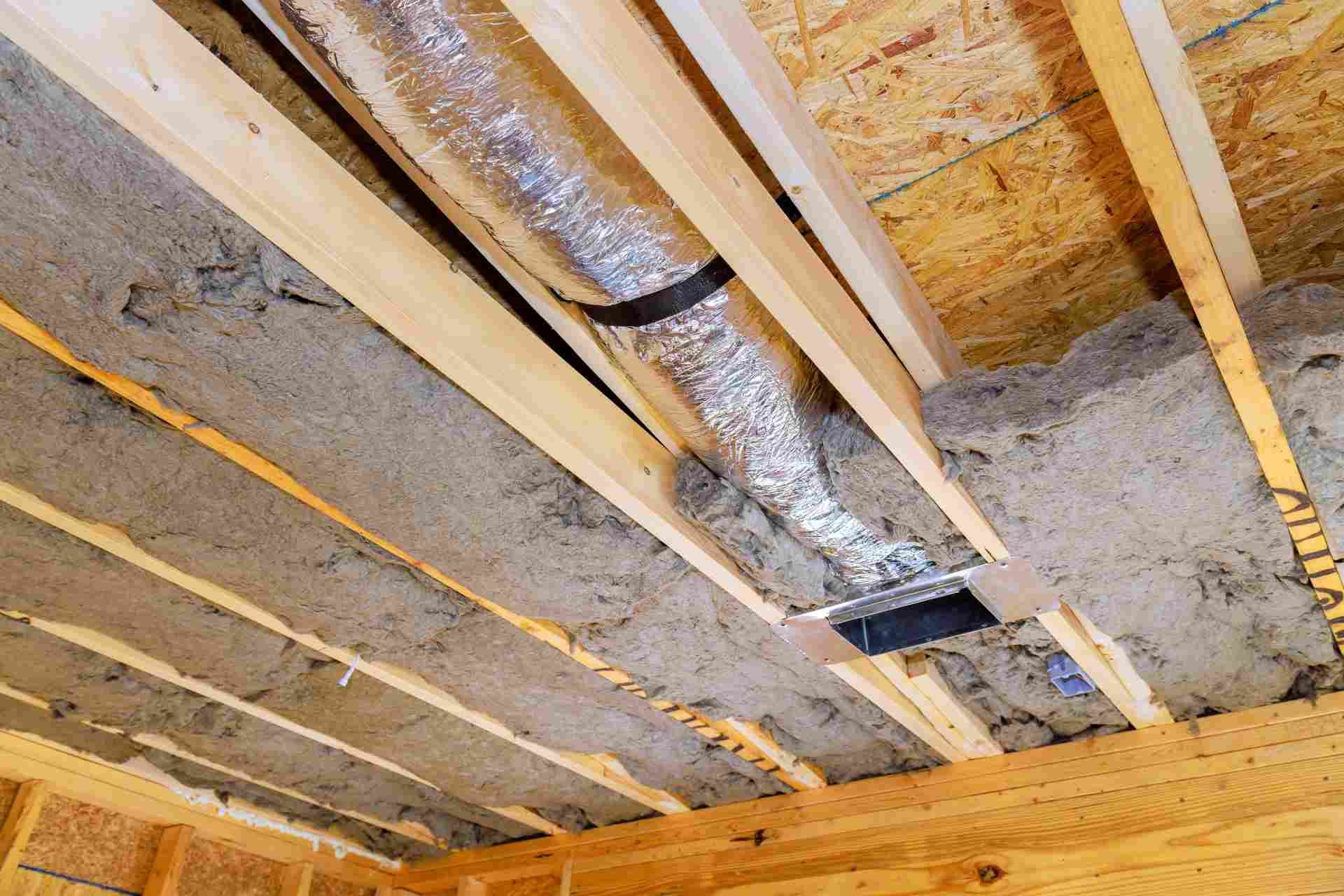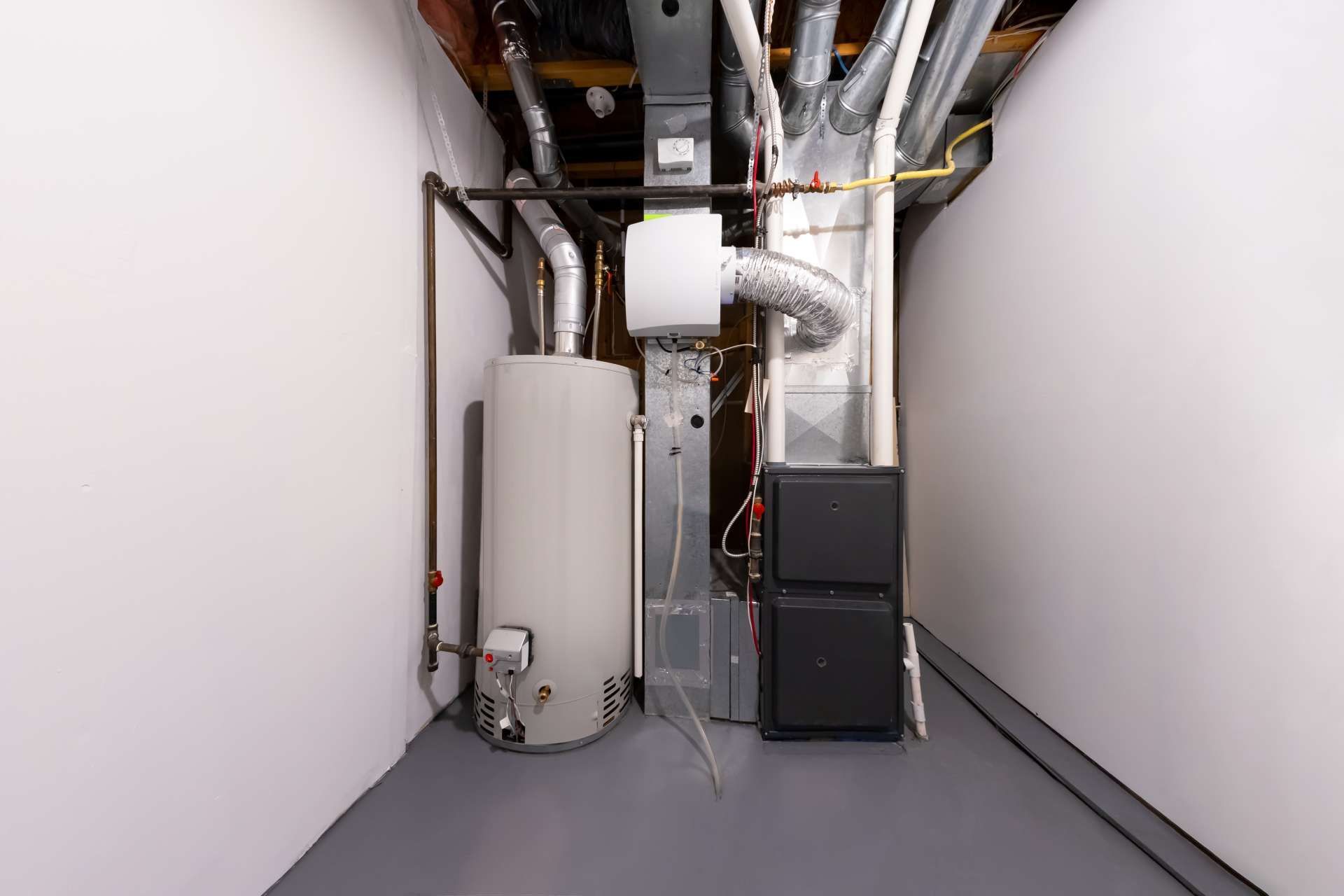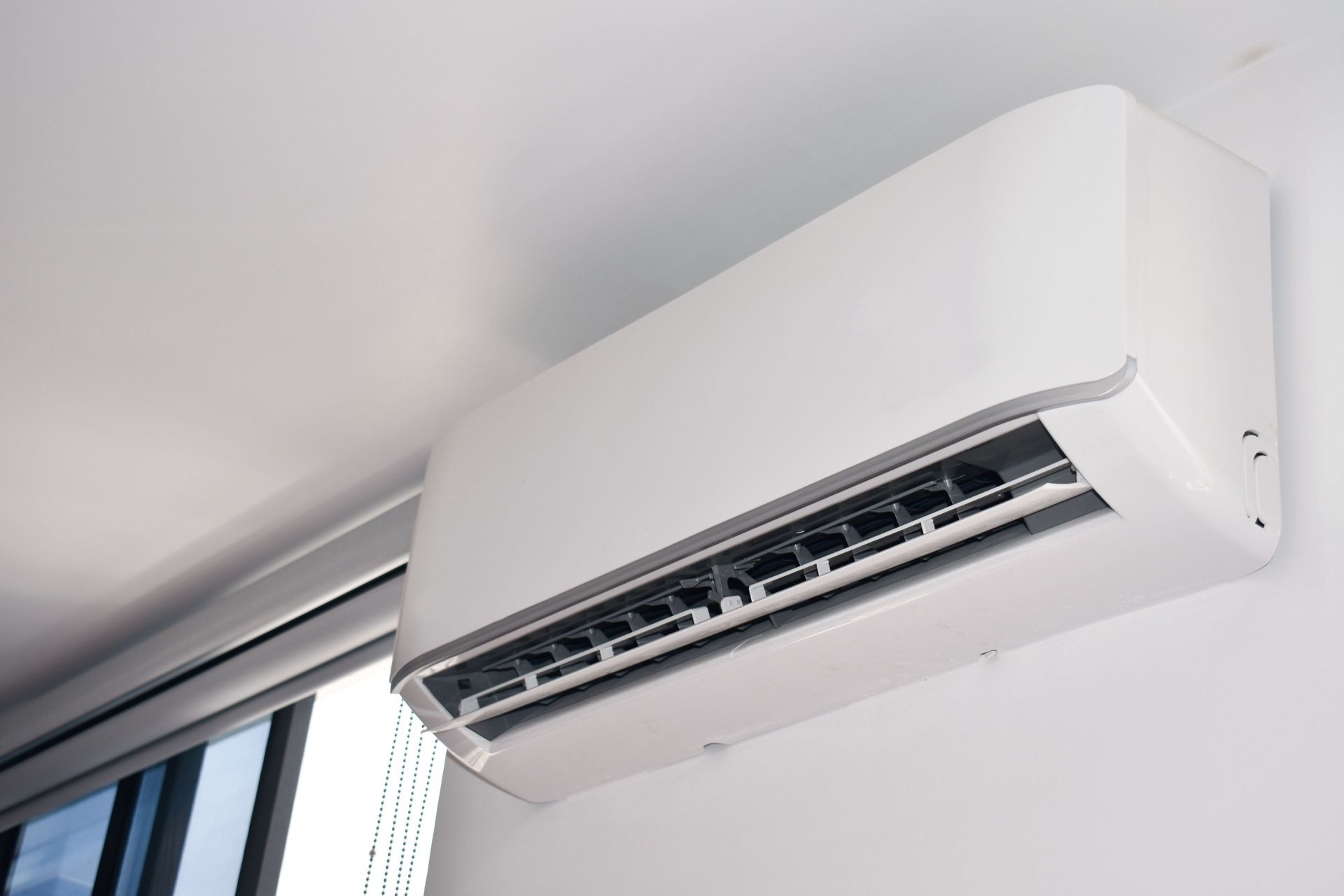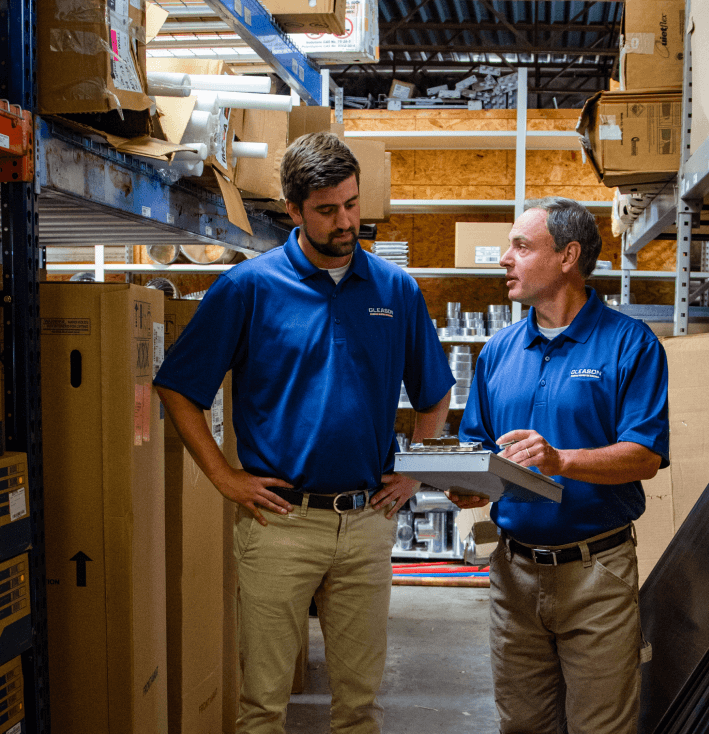Articles
HVAC Contractor Tips and Articles For Your Home
Can Solar Generators Power a House?
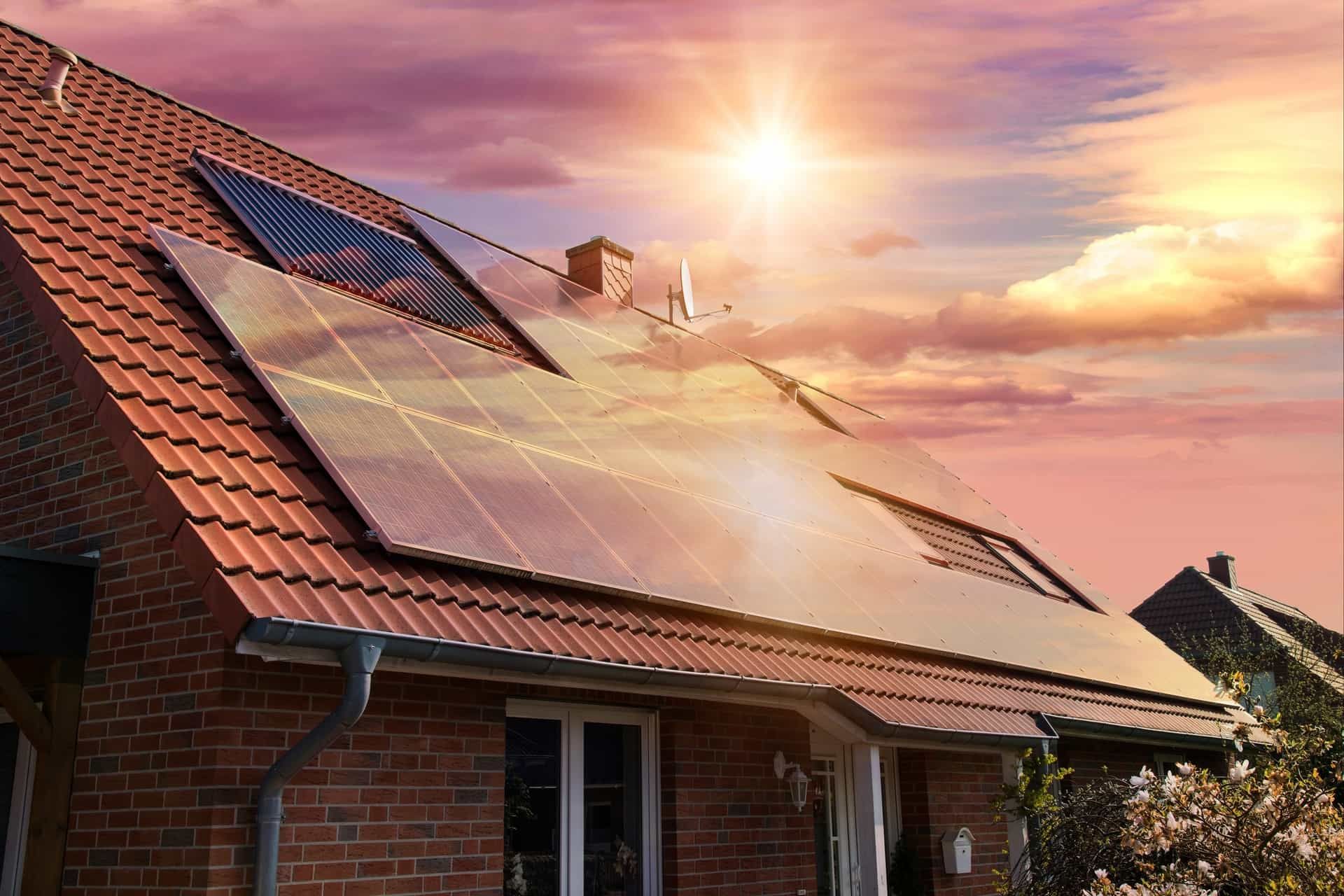
Many homeowners are exploring solar power as a sustainable and cost-effective solution as the world shifts toward renewable energy. Solar generators, in particular, have gained attention for their potential to provide electricity during outages or even power entire homes.
But can solar generators truly power a house? Let's explore how solar generators work, their benefits, and whether they are viable for your home.
What Are Solar Generators?
Solar generators are portable systems that use solar panels to capture energy from the sun, which is then stored in a battery. Unlike traditional generators that rely on gas or diesel, solar generators provide a clean, renewable energy source. They typically include three main components:
- Solar Panels: Capture sunlight and convert it into electricity.
- Battery Storage: Stores the electricity for later use.
- Inverter: Converts the stored energy into usable power for appliances and devices.
How Do Solar Generators Work?
The process begins when solar panels absorb sunlight and convert it into direct current (DC) electricity. This energy is stored in the generator's battery. When you need to use the energy, the inverter converts the DC power into alternating current (AC), which powers most household appliances.
Solar generators are often portable, ideal for camping trips, RVs, and backup power during emergencies. However, more prominent, stationary models can be installed to provide electricity for homes.
Gleason provides expert
generator installation and repair services, ensuring your system is set up efficiently and maintained for optimal performance.
Can a Solar Generator Power an Entire House?
The short answer is: it depends. The ability of a solar generator to power a house depends on its size, battery capacity, and the home's energy needs. Let's break it down:
- Small Solar Generators: These portable devices can power smartphones, laptops, and lights. They are not suitable for running household appliances like refrigerators or air conditioners.
- Mid-sized solar Generators: They have larger battery capacities and can power essential appliances during a short-term outage. For instance, they might simultaneously run a refrigerator, microwave, or a few lights.
- Large Solar Generators: High-capacity solar generators can power an entire house, but only if the energy demands are carefully managed. These systems are typically paired with additional solar panels and more extensive battery storage to handle higher energy loads.
Factors to Consider
When deciding whether a solar generator can power your house, consider the following:
- Energy Consumption: Determine your household's energy needs by examining your electricity bills. The average home in the U.S. uses about 877 kWh per month, but this varies based on location and lifestyle.
- Generator Capacity: Check the generator's capacity, usually measured in watt-hours (Wh). For example, a generator with a 5,000 Wh capacity can provide 5,000 watts for one hour or 500 watts for 10 hours.
- Sunlight Availability: Solar generators rely on sunlight, so their efficiency depends on your location and weather conditions. Homes in sunny areas will benefit more from solar generators than those in cloudy regions.
- Battery Storage: The size of the battery determines how much energy can be stored for use during cloudy days or at night. Larger batteries allow for more extended periods of power.
Benefits of Solar Generators
Solar generators offer several advantages that make them an appealing option for homeowners:
- Eco-Friendly Energy: Solar generators produce clean energy, reducing your carbon footprint and dependence on fossil fuels.
- Cost Savings: Although the upfront cost of a solar generator can be high, it can save money in the long run by lowering your electricity bills.
- Quiet Operation: Solar generators operate silently, unlike gas-powered generators, making them ideal for residential areas.
- Portability: Many solar generators are portable, allowing you to use them for outdoor activities or emergencies.
- Low Maintenance: Solar generators require minimal maintenance compared to traditional generators, as they have no moving parts.
Challenges and Limitations
While solar generators have many benefits, they also come with some challenges:
- High Initial Cost: The upfront cost of purchasing a solar generator and solar panels can be significant. However, tax credits and incentives can help offset these costs.
- Limited Power Output: Solar generators may not provide enough power for high-energy appliances like electric stoves or HVAC systems.
- Dependence on Sunlight: Solar generators rely on sunlight, so they may not be as effective during cloudy days or at night.
- Storage Capacity: The battery's storage capacity limits how long a generator can power a home without sunlight.
Are Solar Generators Worth It?
Solar generators are an excellent option for homeowners looking for a sustainable and portable power source, and they can be particularly beneficial for
heating services. While they may not entirely replace traditional electricity for high-energy homes, they are a reliable backup solution during outages or emergencies, including keeping heating systems operational when the grid is down. Solar generators can be a game-changer for households with lower energy demands or those committed to reducing their environmental impact.
Conclusion
Solar generators are a versatile and eco-friendly solution for powering your home. Solar generators offer numerous benefits, whether you are looking for a backup power source or exploring ways to reduce your reliance on the grid. By understanding your energy needs and choosing the right generator, you can enjoy the advantages of renewable energy while contributing to a sustainable future.
Ready to explore solar power for your home? Contact
Gleason Heating and Air Conditioning today to learn how we can help you get started!
Disclaimer: The information on this website and blog is for general informational purposes only and is not professional advice. We make no guarantees of accuracy or completeness. We disclaim all liability for errors, omissions, or reliance on this content. Always consult a qualified professional for specific guidance.

